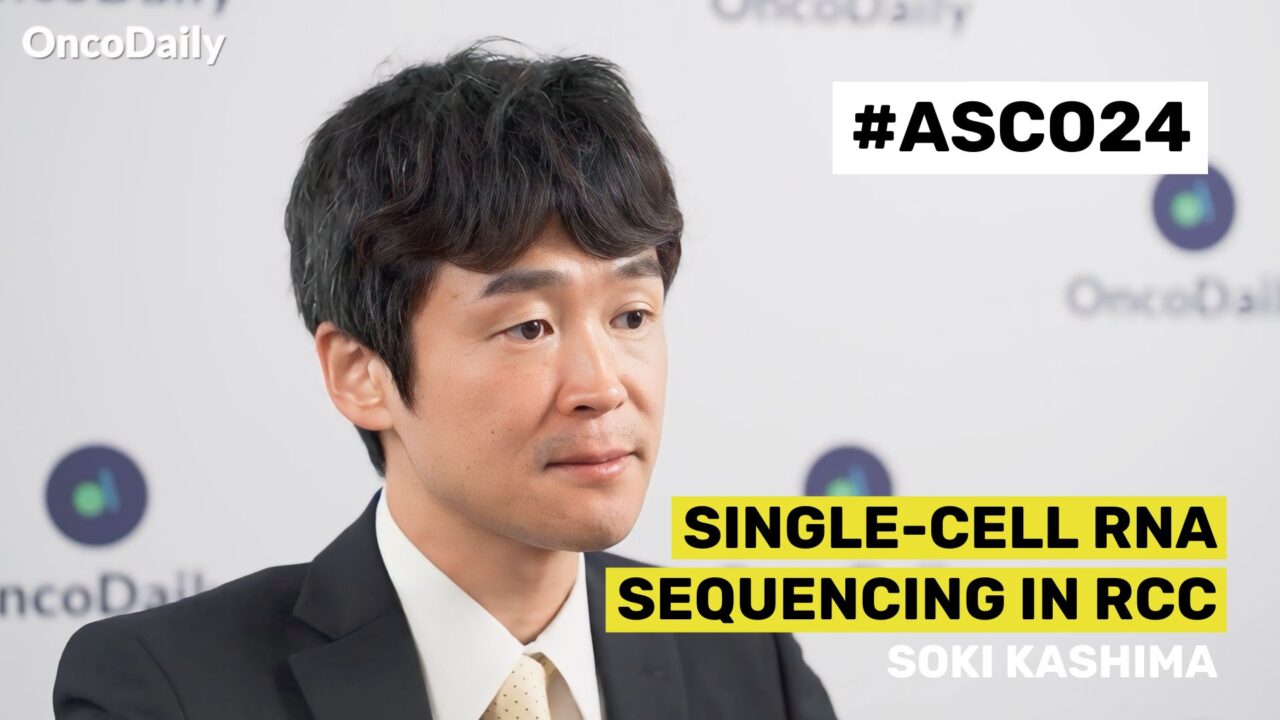The American Society of Clinical Oncology (ASCO) Annual Meeting is one of the largest and most prestigious conferences in the field of oncology. This year, the meeting took place from May 31 to June 4 in Chicago, Illinois. The event gathers oncologists, researchers, and healthcare professionals from around the world to discuss the latest advancements in cancer research, treatment, and patient care. Keynote sessions, research presentations, and panel discussions are typically part of the agenda, providing attendees with valuable insights into emerging trends and innovations in oncology.
This year, OncoDaily was at ASCO 2024 for the first time covering the meeting on-site. We had the pleasure of interviewing researchers who summarized the highlights of their work.
In this video, Soki Kashima, postdoc at Yale and urologist in Japan, shared insights on ‘Investigation of T cell phenotypes associated with response or resistance to immune checkpoint inhibitors (ICI) through single-cell analysis of renal cell carcinoma (RCC).‘
My name is Soki Kashima, and I’m a postdoc in Dr. David Brown’s laboratory at Yale. I’m also a urologist in Japan, so I mean, I’m a surgeon scientist. We are working on the analysis of the large-scale RCC samples using the single-cell RNA sequence analysis, which is a very powerful tool to sketch tumor microenvironment.
So, in this study, we have a large-scale cohort, such as over 60 samples, which is a very huge sample. And we sketched a huge transcriptomic atlas using single-cell RNA sequencing of the tumor microenvironment. We identified the exhausted CD8 T cell using the single-cell RNA sequencing, and also our data showed that the higher tissue resident program is upregulated in non-responders, and the stress response program is significantly higher in responders.
So, this suggests that exhausted CD8 functional states correlate with ICR efficacy. So, I really thank the patient who participated in this study, as well as their family. And also, I appreciate my mentor, Dr. Brown, and Dr. Choi, and the wonderful team.
Thank you so much.
More videos and content from ASCO 2024 on OncoDaily.


